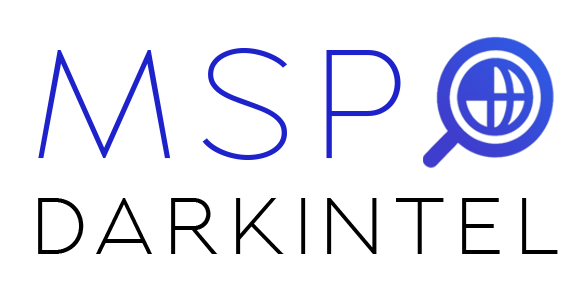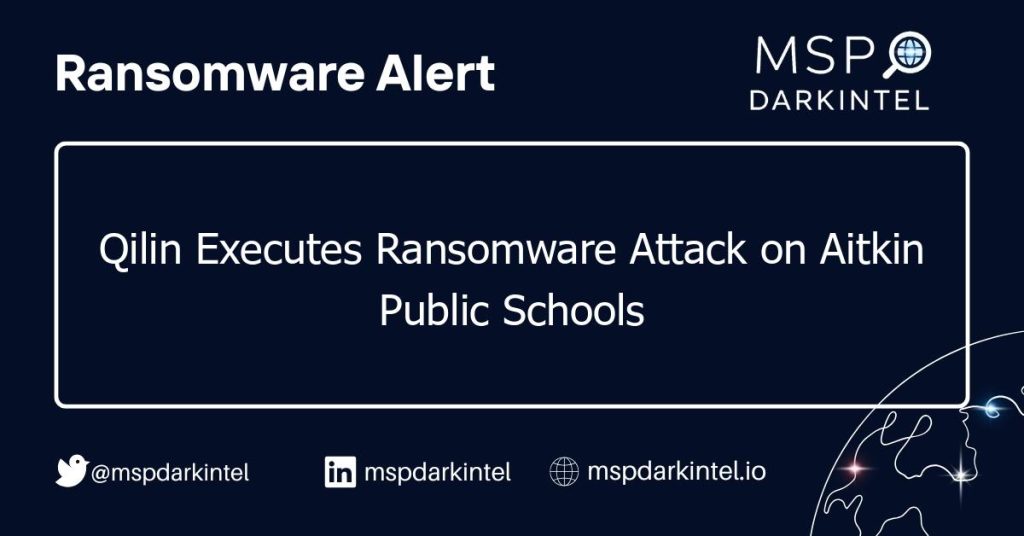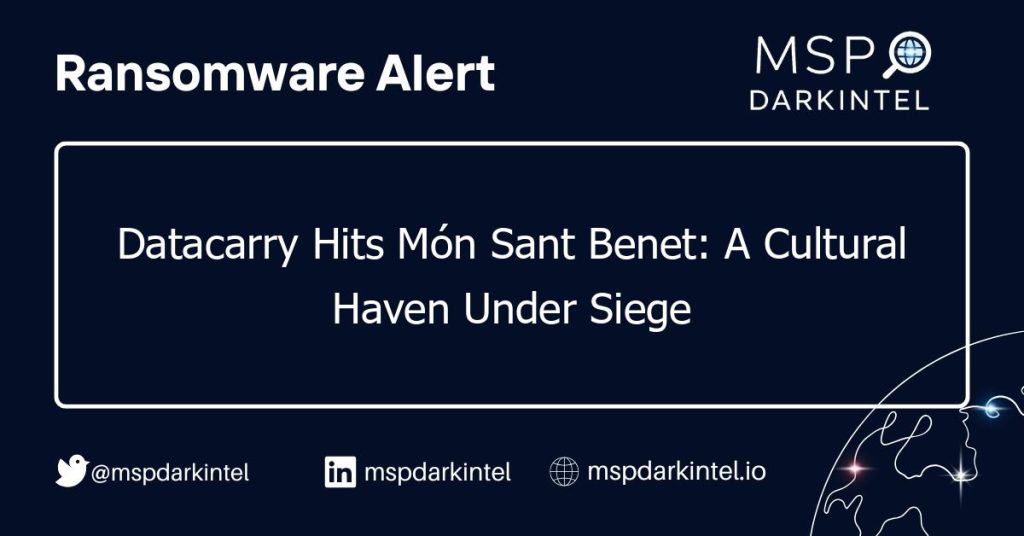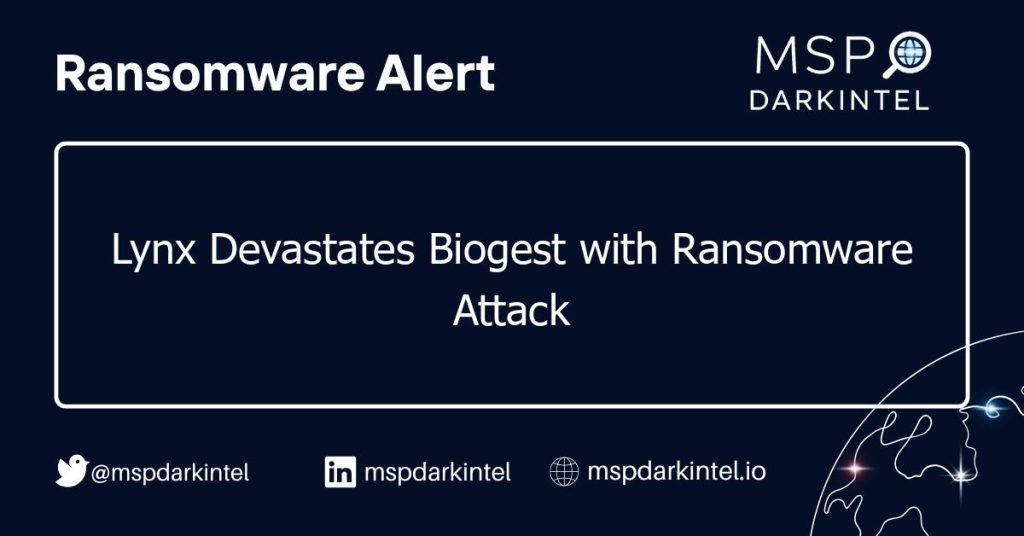Accessing dark web content safely in 2025 requires an understanding of its complexities and inherent risks. The dark web is a hidden segment of the internet, demanding specific software for entry, like Tor. While it hosts forums and marketplaces, users face serious threats such as cybercriminal activity and potential legal issues. To navigate risks effectively, define your purpose before entering this space, utilize a reputable VPN for encryption, and disable unnecessary applications. Employ reliable browsers specifically designed for the dark web and verify your IP security to avoid exposure. Engaging in rigorous cybersecurity practices is essential for maintaining safety amid the dangers present on this hidden internet layer.
Table of Contents
1. Understanding the Dark Web
The dark web is a hidden segment of the internet that requires specific software, such as Tor or I2P, to access. Unlike the surface web, which is made up of publicly available sites, the dark web is intentionally concealed and accounts for about 5-6% of the entire internet. It offers a unique environment where users can communicate anonymously, attracting both those seeking privacy and those involved in illegal activities. While many associate the dark web with crime, not all content is illicit; it also hosts legal forums and resources that cater to various communities, including activists and journalists who require a secure platform for communication.
Users on the dark web often employ cryptographic methods to keep their messages private, further enhancing the sense of security in this hidden space. The structure of the dark web can be complex, with a continual evolution of sites and forums, making it essential for users to stay informed about recent changes. However, navigating this environment carries risks, as the hidden nature of the dark web can lead to unintended exposure to harmful content. Engaging with it without adequate knowledge can result in misinformation and potential dangers, making a thorough understanding of its layout and purpose crucial for safe exploration.
2. Legitimate Uses of the Dark Web
The dark web is often viewed through a lens of negativity, but it serves important purposes that can significantly impact society. Journalists, particularly those operating in regions with restricted freedom of speech, rely on the dark web to communicate securely. This anonymity allows them to exchange sensitive information without risking censorship or government retaliation. Activists also utilize the dark web to organize movements and share vital information, enabling them to operate without the fear of surveillance. Whistleblowers find the dark web a safer venue to disclose sensitive information, protecting their identities while exposing wrongdoing.
Additionally, certain forums and communities on the dark web provide legal advice and support for individuals living under oppressive regimes, contributing to social justice efforts. Researchers and cybersecurity experts explore the dark web to study cybercrime trends and emerging threats, gaining insights that help enhance online security. Educational resources available on the dark web focus on privacy rights and digital security awareness, empowering users to protect themselves.
Mental health support is another critical use, with anonymous forums allowing individuals to discuss their challenges without stigma. Artists and creators benefit from the dark web as well, sharing their work in an uncensored environment that encourages creativity and innovation. Some charitable organizations operate on the dark web to assist those in need while maintaining their privacy. Lastly, the dark web can be a place for individuals to exchange knowledge about technology and coding, fostering a community dedicated to skill development while preserving anonymity.
- The dark web is often used by journalists to communicate securely, especially in situations where freedom of speech is suppressed.
- Activists can use the dark web to organize movements and share information without fear of government surveillance or reprisals.
- Whistleblowers may find the dark web a safer platform to disclose sensitive information without revealing their identities.
- Certain forums provide legal advice and support for individuals in oppressive regimes, contributing to social justice efforts.
- Researchers and cybersecurity experts utilize the dark web to study trends in cybercrime and understand emerging threats.
- The dark web can host educational resources and communities that focus on privacy rights and digital security awareness.
- Individuals seeking mental health support may find anonymous forums on the dark web that allow for open discussions without stigma.
- Artists and creators may use the dark web to share their work in an uncensored environment, fostering creativity and innovation.
- Some charitable organizations operate on the dark web to provide assistance to those in need without revealing their identities.
- The dark web can be a platform for individuals to share knowledge about technology, coding, and other skills while maintaining privacy.

Frequently Asked Questions
What is the dark web and why do people use it?
The dark web is a part of the internet that isn’t indexed by search engines. People use it for various reasons, such as to access content anonymously, communicate freely, or find specific information not available on the regular web.
How can I ensure my safety while accessing the dark web?
To stay safe, use a reliable VPN to hide your location, avoid sharing personal information, and stick to well-known sites to reduce risks.
What tools do I need to access the dark web in 2025?
You’ll typically need a specialized browser like Tor, which allows access to dark web sites. Additionally, having a good antivirus program is important for protection.
Are there legal risks when visiting the dark web?
Yes, some content on the dark web can be illegal. It’s crucial to understand the laws of your area, and to avoid engaging in any illegal activities while browsing.
What should I do if I encounter something suspicious on the dark web?
If you see something that seems dangerous or illegal, it’s best to close the site immediately and report it to authorities if necessary. Your safety should always come first.
TL;DR The dark web, a hidden part of the internet accessed via specific software like Tor, poses various risks, including cybersecurity threats, legal issues, and identity theft. To access it safely in 2025, users should define their purpose, use a VPN, close unnecessary applications, select trustworthy overlay networks, and limit personal information sharing. While the dark web can be used legitimately by activists and journalists seeking secure communication, caution is essential. Continuous education on cybersecurity practices is vital for anyone considering accessing this segment of the internet.
Table of Contents




